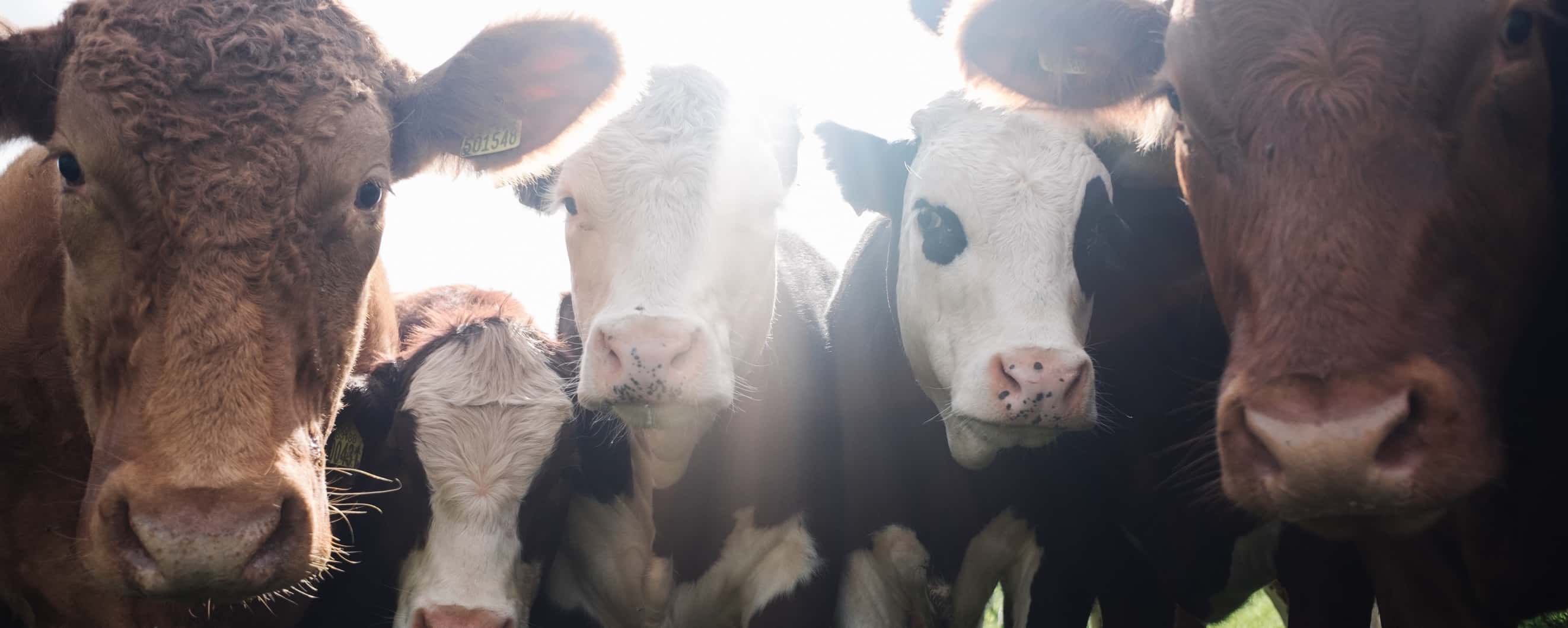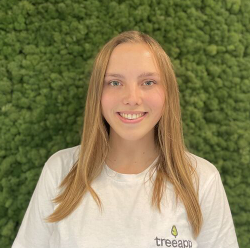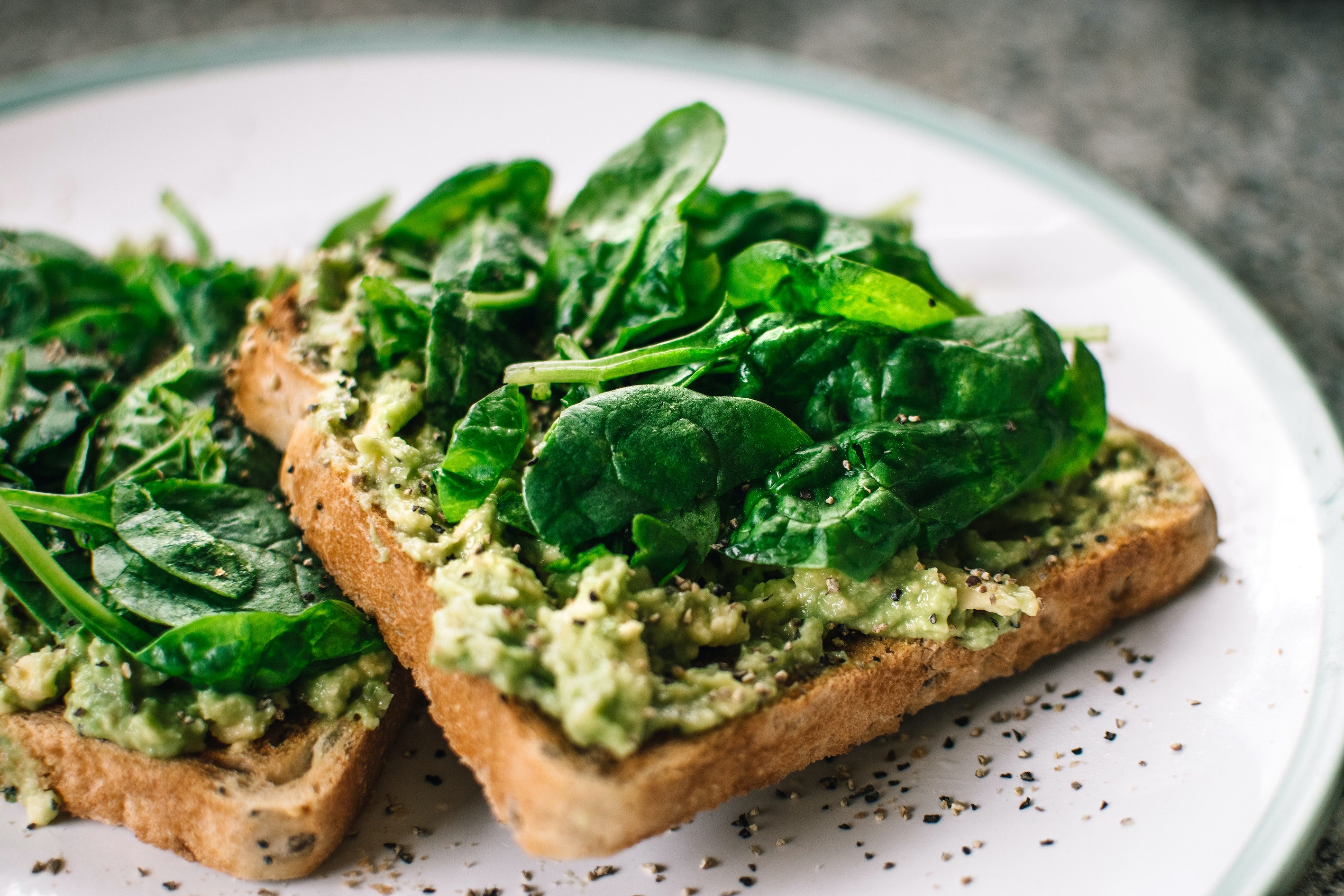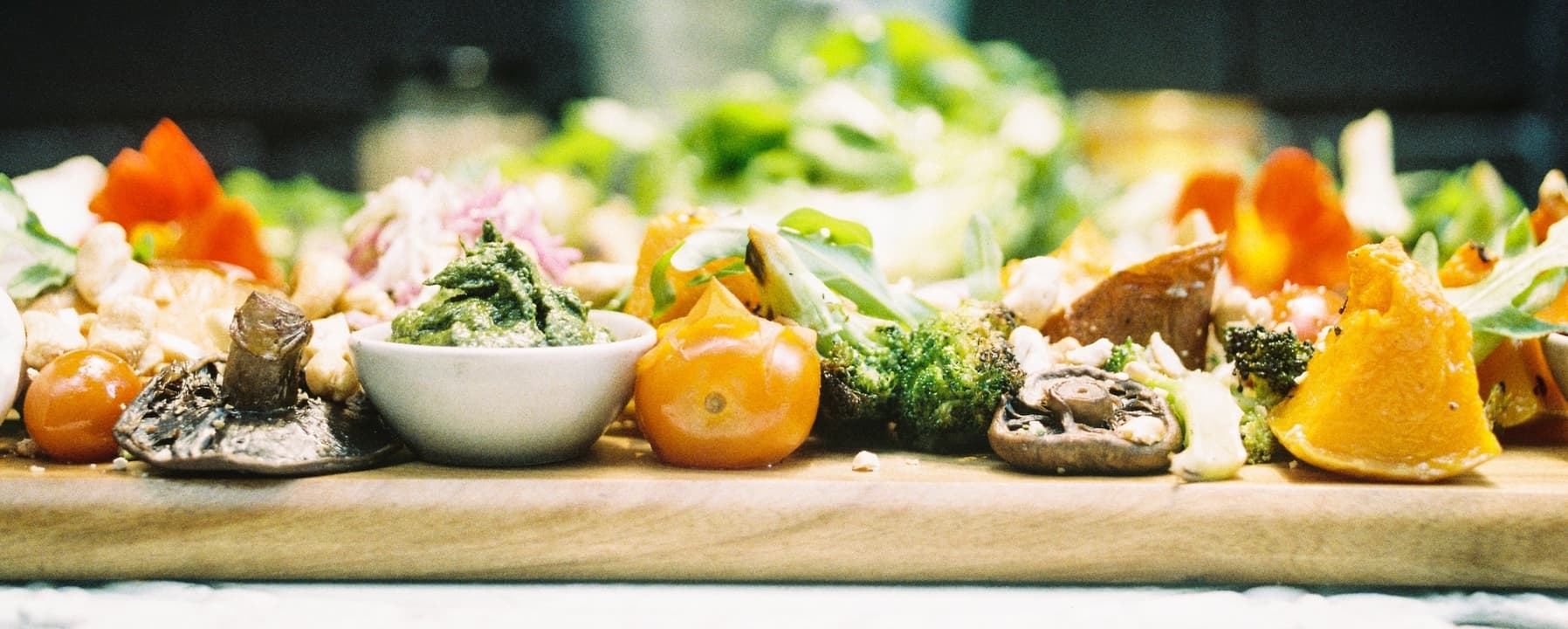Veganism is more appealing than ever before. Once considered a niche diet, it was revealed that a record-breaking 500,000 people had signed up for the Veganuary challenge this year, doubling the number of sign-ups in 2019.
Factory farming alone is significantly responsible for deforestation, greenhouse gas emissions, pollution, and water shortages. Hence, the environmental, health and ethical benefits of veganism are beyond doubt.
But what if you feel a bit intimidated by the idea? Below are some tips on how to attempt veganism!
Take it slow
Veganism is not an instant switch. Like any other lifestyle change, our body takes time to determine what works best before adjusting to a new diet. It is not a one size fits all experience and there are numerous approaches you can take. For example, one can start by incorporating plant-based milk and meat substitutes into their diet first. Being a vegan today is easier than ever before—as supermarkets are increasing the amount of plant-based alternatives on their shelves!
Make it Affordable
If you are on a limited budget, avoid a diet consisting of 100% processed food. Packaged products that have “Vegan” labels have been made in labs or factories, and are likely to be more expensive. Instead of purchasing these products, alternatively, get your diet from nutritious food and eat plenty of fruit, vegetables, grains, nuts and beans!
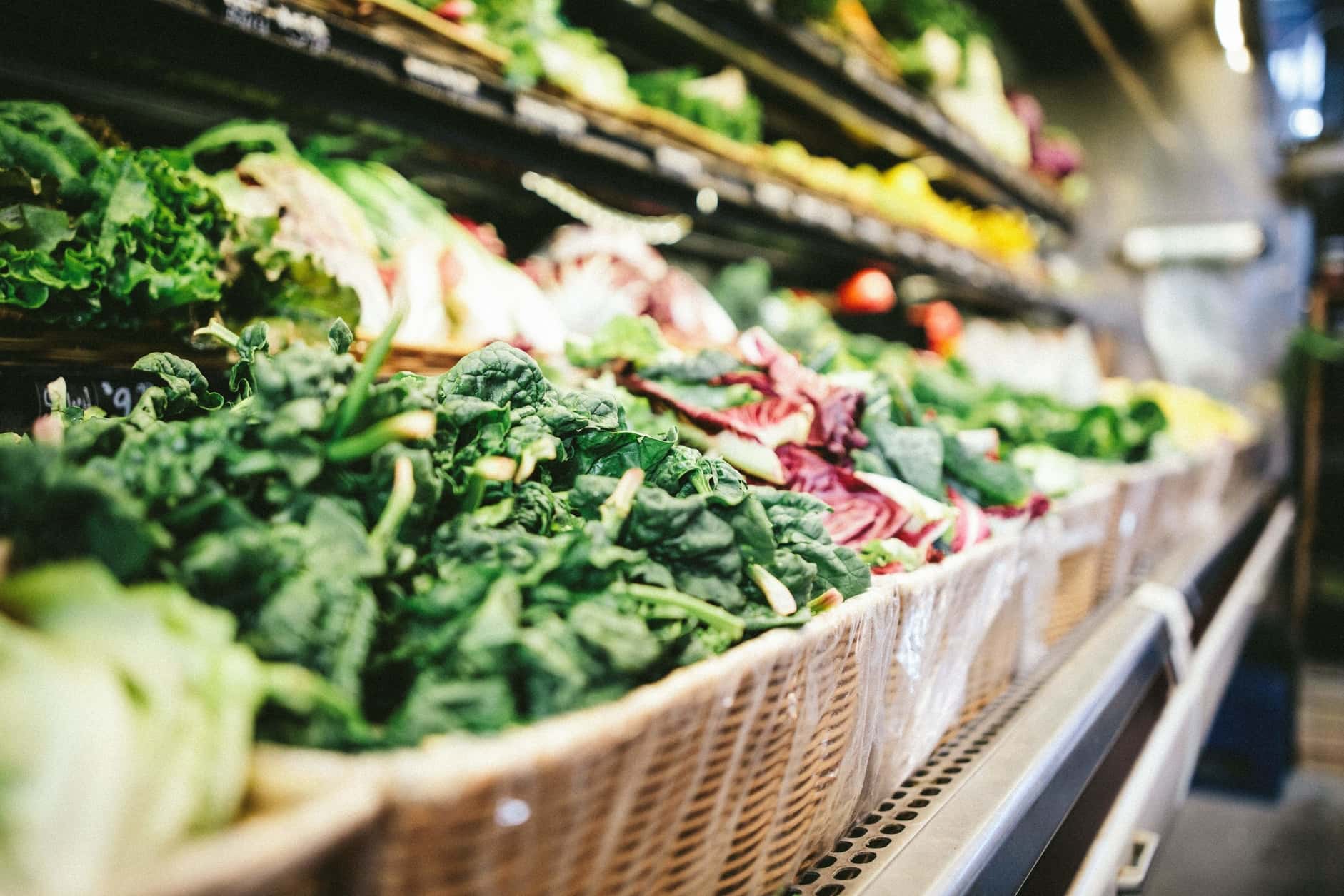
Photo: Vegetable shelves (Source: Unsplash)
Join a Vegan Community
Surround yourself with people who share the same values in life. When you are feeling out of it, having a community can help motivate you to continue the vegan way. Vegan communities are teeming with seasoned and budding vegans who are willing to share their experiences to help you grow. At the same time, you can share your struggles and raise concerns to a group of like-minded peers who will be keen to offer support.
Read Ingredient Labels Carefully
Many ingredient lists contain hidden names for animal and animal-derived products, like whey or casein, which are dairy by-products, gelatin that is extracted from animal bones, and isinglass, a substance from fish that is common in beer and wines. It is important to familiarize yourself with these terms and build a list for when you go shopping of what to look out for!
Tweak your shopping habits
Veganism is not just about food. Clothes, beauty and interiors are examples of general consumption habits that will inevitably have to be tweaked if you are serious about embarking on this newfound lifestyle. Man-made materials are not environmentally friendly so seek out natural fabrics such as organic cotton, hemp, linen, bamboo and cork.
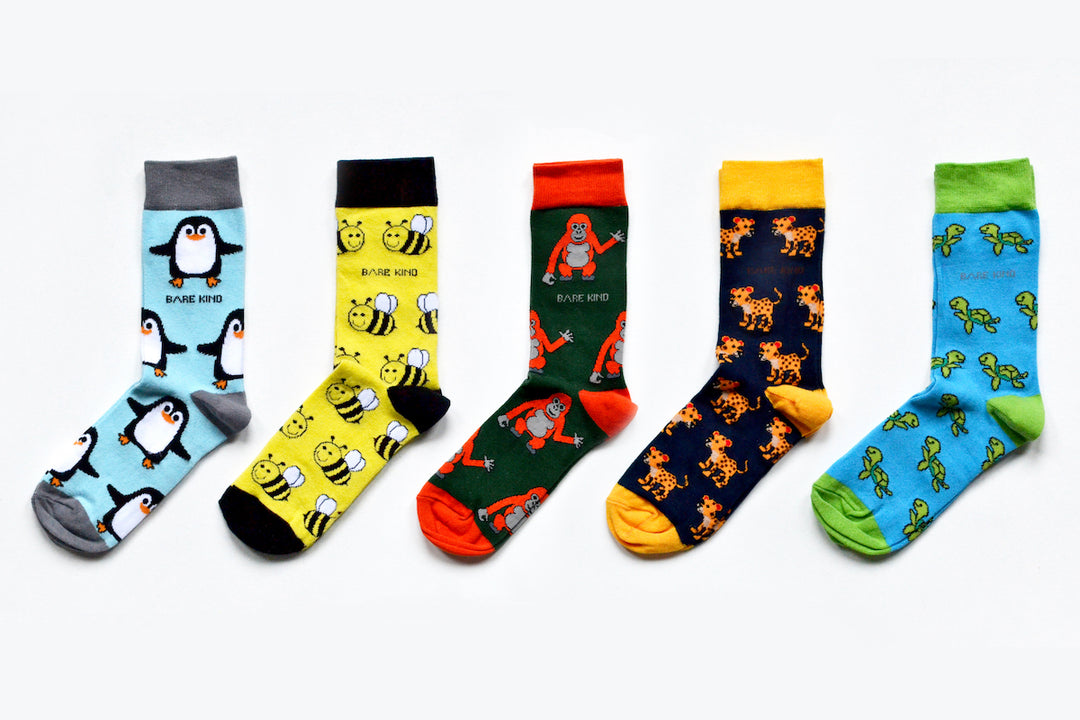
Photo: Barekind Bamboo socks
